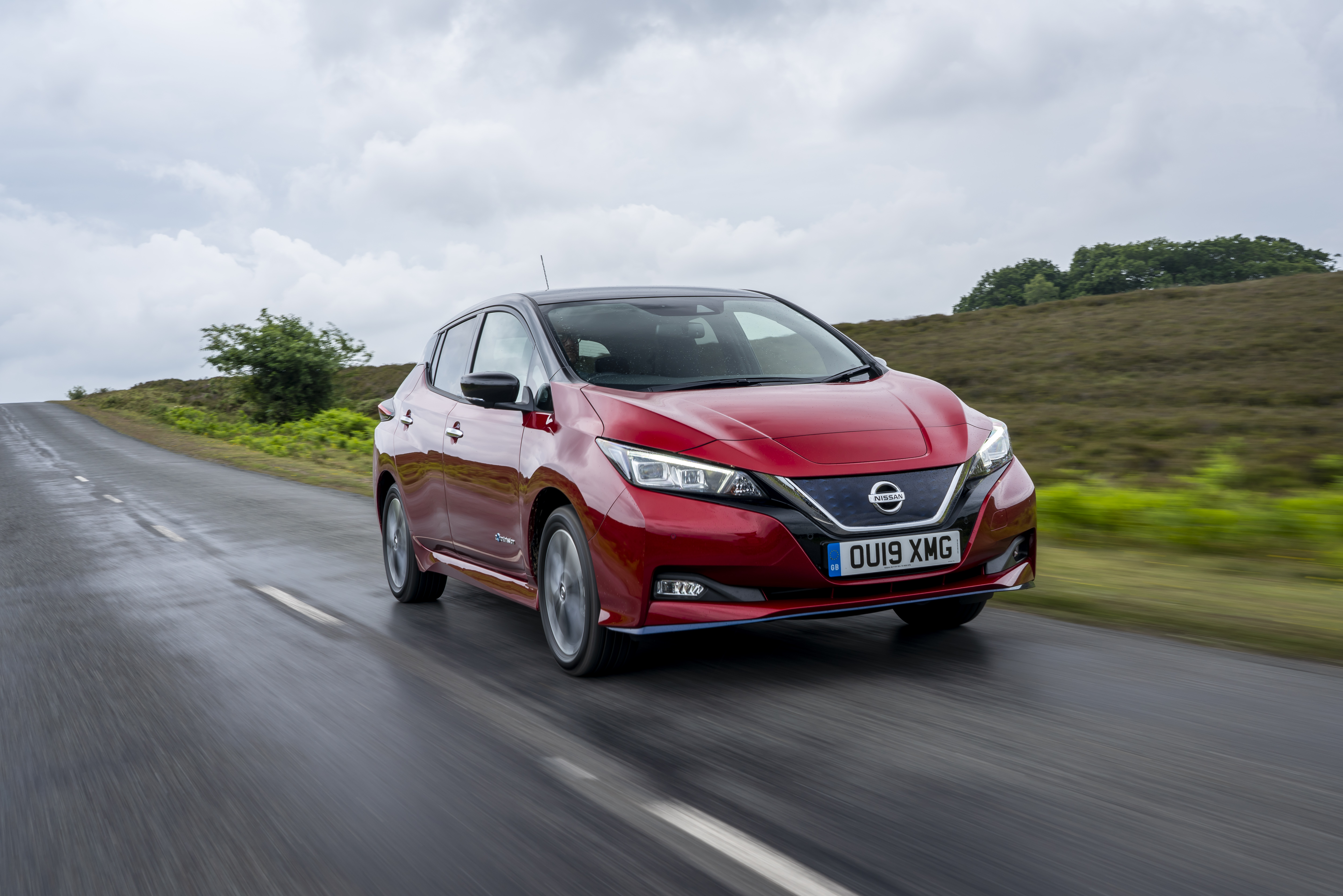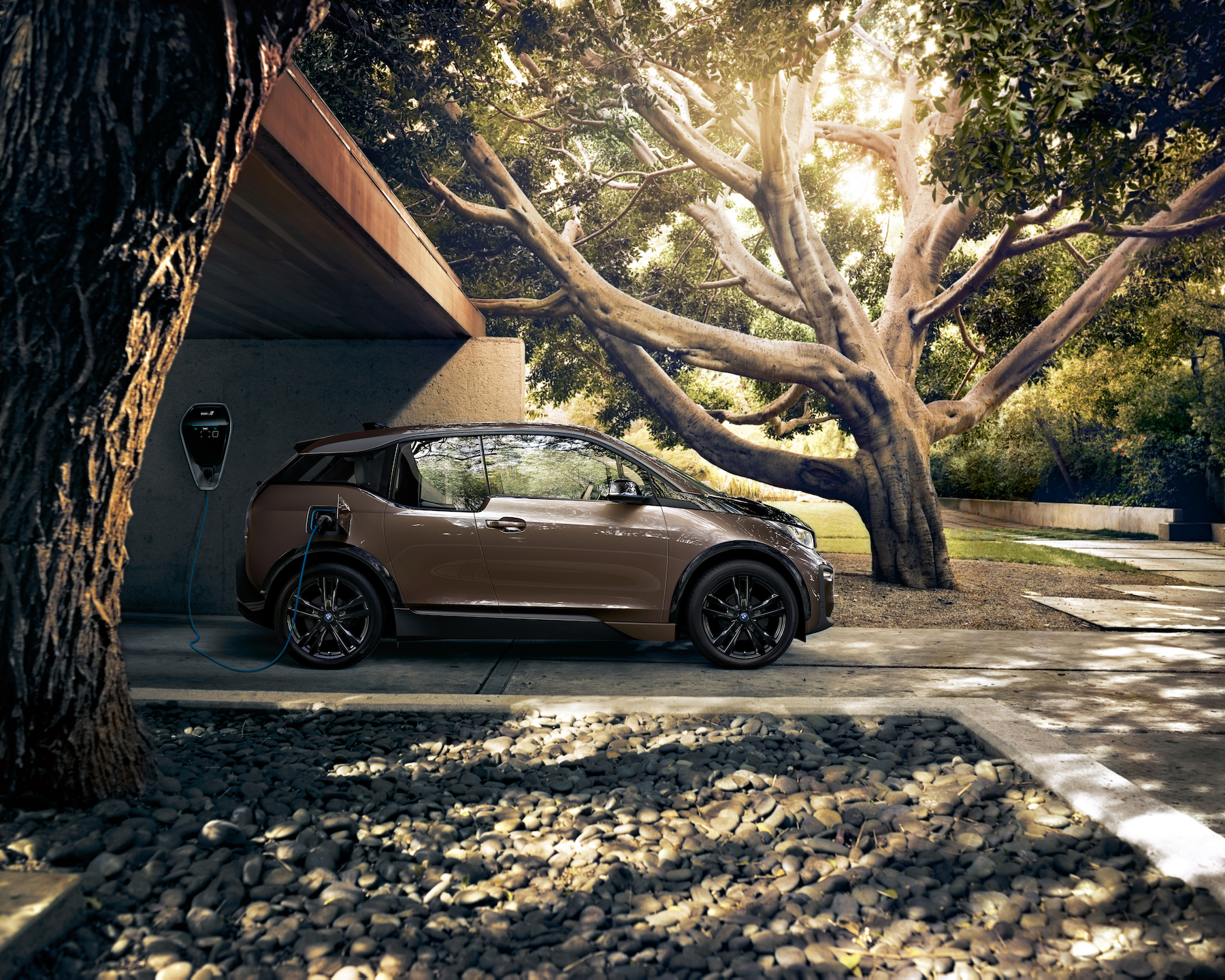/cloudfront-us-east-1.images.arcpublishing.com/expressandstar.mna/IFMDQVJ3ENC4NGKCH7476RILVI.jpg)
Buying an electric car: what you need to know
Electrification is a hot topic at the moment, but how do you go about buying one and what do you need to know?
Electric cars are increasing in popularity with each passing day. As more manufacturers bring their own EVs to market there’s more choice than ever before, with buyers able to pick from a variety of different models that all offer different things.
However, there are some core features of all EVs that buyers need to be aware of, be that about charging, the batteries themselves or even the grants available to customers. Let’s take a look at what you need to know.
Grants
The plug-in car grant stands at £3,500 off the cost of a new electric car. This doesn’t apply to hybrid vehicles, though, just EVs. When you’re browsing for a new EV, check to see whether the on-the-road price takes this grant into account – some do, and some don’t.

In addition, you should be able to get an additional grant of up to £500 off the cost of installing a home charging point.
Range
Range is king when it comes to electric cars. The Tesla Model S Long Range offers one of the best ranges at the moment, delivering up to 375 miles between charges. That said, there are plenty of models which will do well over 200 miles from a single charge.
However, always take manufacturer range claims with a pinch of salt. Though most are tested under the latest WLTP testing processes, treat them in the same way as you would manufacturer MPG figures. Though it’s possible to return the claimed range, more often than not it’ll be a struggle.
Batteries
Working out a car’s battery size can be confusing at the best of times, so it’s much easier to think of it as the vehicle’s ‘tank’. They’re measured in kWh – and the larger the number, the more range that the car will be able to offer.
For instance, a city EV with a 35kWh battery will be able to return around 99 miles per charge. A larger 65kWh battery in a four-door saloon EV can deliver up to 155 miles from a charge. Teslas get these large 65kWh batteries, which is why they can return even longer ranges.
Charging
Charging is the lifeblood of an EV. After all, if there’s no charging then you’re not going anywhere. It’s best to split charging options into three different sections, with all measured in kW – this is how quickly the energy can be delivered to the car.
Rapid chargers offer the quickest charging speed. Some are able to deliver over 100kW of power – with some as high as 350kW – which, if your car accepts that much, means you can add lots of charge in a short amount of time.

Fast chargers have power ranging from 7kW to 22kW. This also applies to domestic wallboxes, which convert a usual household energy supply into a more powerful energy delivery – around 7kW. It means you’ll be able to charge your car up more quickly at home.
Finally, there’s three-pin charging. At best, these deliver up to 6kW of charge. To fully charge a modern EV, you’ll likely need to leave it connected to a three-pin overnight – at least.
Maximum charging rates
Though you may have hooked up your car to a rapid charger capable of delivering over 100kW of charge, that doesn’t always mean your car will be able to accept it. EVs have different ratings, so if the maximum amount of charge your EV can accept is 7kW, it’ll only be able to take a maximum of 7kW of charge – even if plugged into a rapid charger.
If you’re considering a particular EV, this is well worth investigating. If you know you’re going to need frequent rapid charges, then the car’s rating becomes even more important.
Road tax
Another bonus which comes with EV ownership is vehicle tax – sometimes known as road tax. All pure electric vehicles are exempt from vehicle tax. EVs costing over £40,000 used to incur some tax payments, but this has been abolished too.